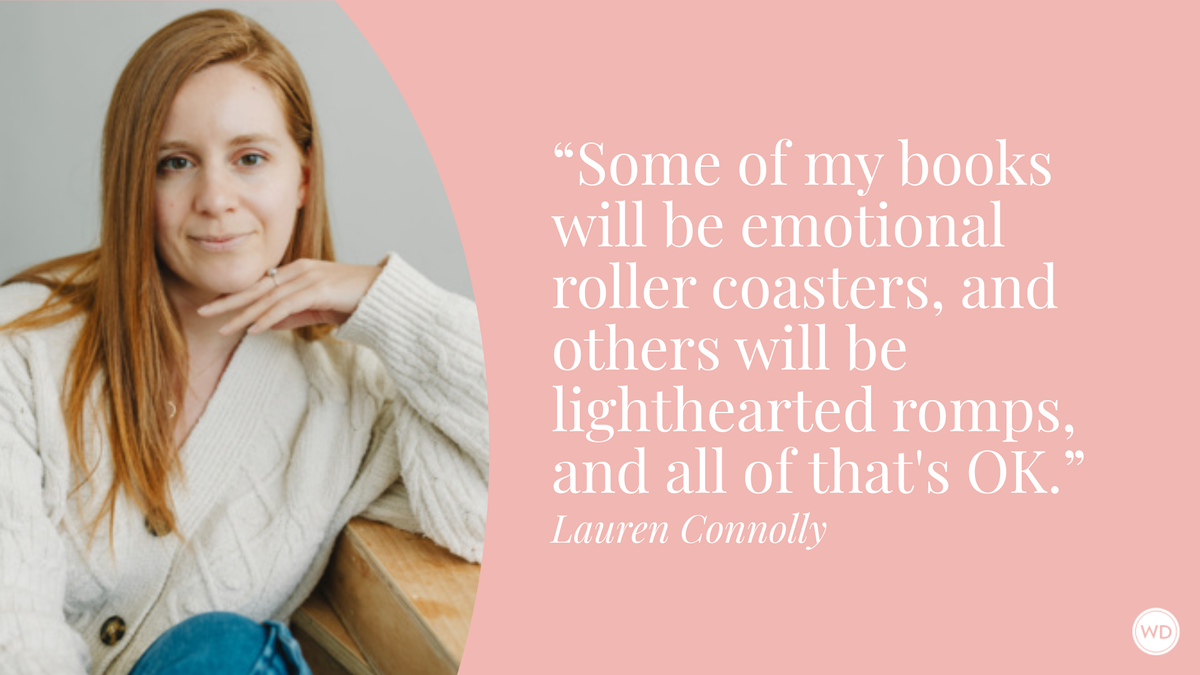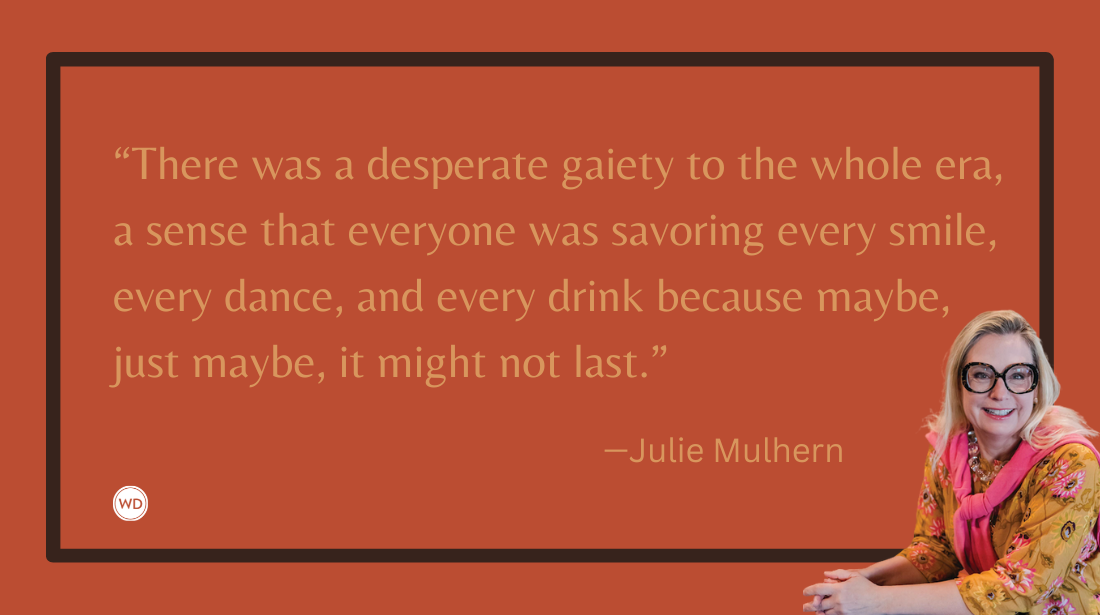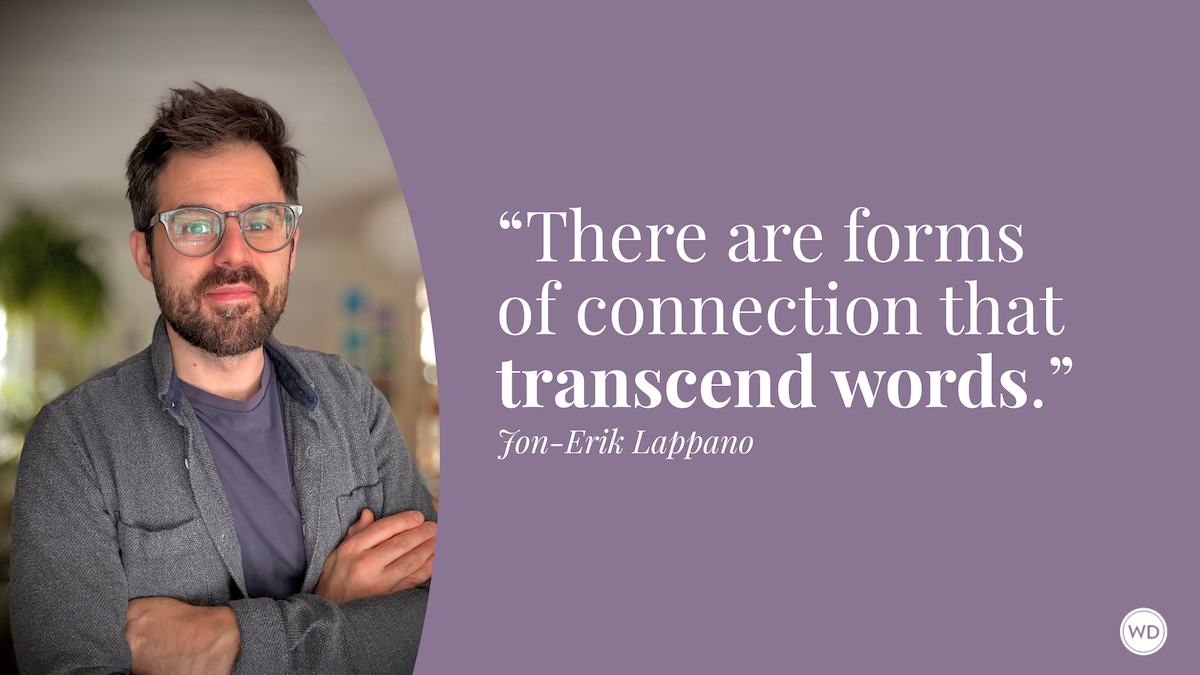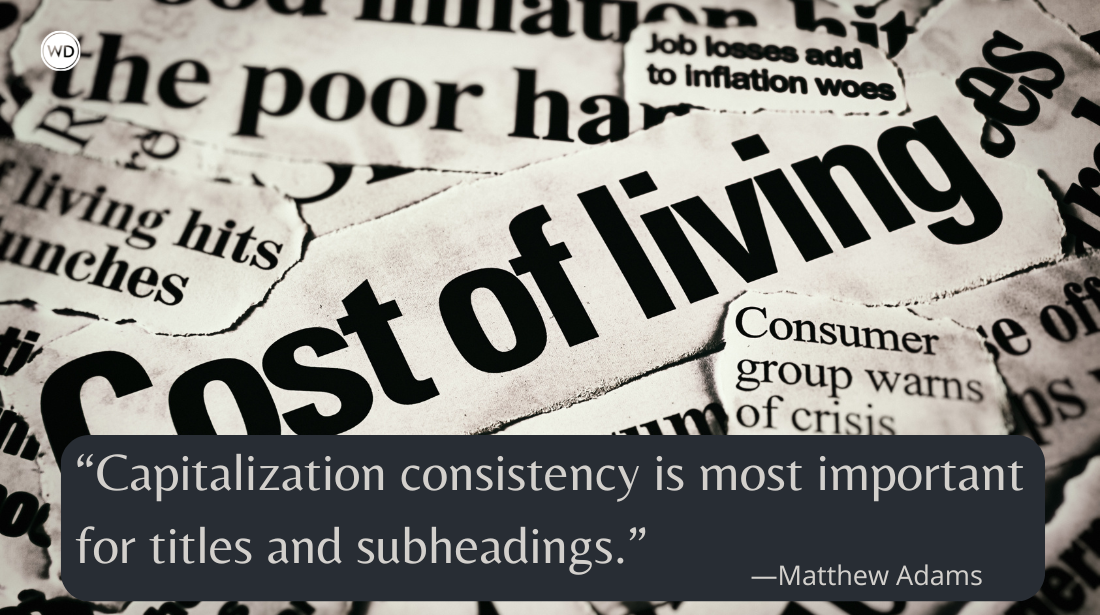7 Tips to Land The Perfect Title for Your Novel
The trick to a great title is to find a happy balance between the all-too-forgettable and the truly over-the-top. You want to choose something that makes your readers think: What a fantastic title! Why didn’t I come up with it? Here’s how to do just that.
Having a good title meant everything in 18th-century England, where the fate of lovers often hinged upon whether or not the man could claim a stately rank like “duke” or “baron.”
For the fiction writer of the 21st century, a good title of a different sort is just as crucial. Unfortunately, too many aspiring writers spend years perfecting their manuscripts, only to tack on uninspired titles as afterthoughts. I encounter this casual approach to titling in my own fiction workshops, where talented students undermine first-rate stories with second-rate labels.
Fortunately, this is one of the easiest pitfalls for the emerging writer to avoid. I urge my students to think of their titles as the first opportunity to stand out in the slush pile. After all, while we are told not to judge a book by its cover, when confronted with thousands of submissions, what editor won’t be drawn to a clever or alluring title? Devoting even a small amount of creative energy to naming your work can vastly improve your odds of publication.
*****
Advanced Novel Writing
Push yourself beyond your comfort zone and take your writing to new heights with this novel writing workshop, designed specifically for novelists who are looking for detailed feedback on their work. When you take this online workshop, you won't have weekly reading assignments or lectures. Instead, you'll get to focus solely on completing your novel.
*****
My rule of thumb is that strong titles are distinctive, but not distracting. While Anton Chekhov could afford to tack dull titles (“Home,” “The Student”) onto vivid stories, modern audiences want something more memorable. At the same time, anything as complex as The Effect of Gamma Rays on Man-in-the-Moon Marigolds may draw attention to itself at the expense of the story that follows (unless, of course, you’re Paul Zindel).
The trick is to find a happy balance between the all-too-forgettable and the truly over-the-top. You want to choose something that makes your readers think: What a fantastic title! Why didn’t I come up with it?
Here’s how to do just that.
7 Tips to Land the Perfect Title for Your Novel
1. GOOGLE IT.
The easiest way to ensure you have an original title is to type the phrase into an Internet search engine, or even Amazon.com. Some great titles will produce matches, of course—but if you are the first person to coin the phrase you’ve chosen, then you know you’ve hit the originality jackpot. (While titles are not copyrightable, and in theory you could name your novel Gone With the Wind, doing so is unlikely to help your career.)
2. MAXIMIZE YOUR CHOICES.
I tell my students to approach naming a story as they do seeking a mate: While some people meet their perfect partners during their teenage years and live happily ever after, the vast majority of us have to date lots of people before we find what we’re looking for. The same holds true for titles. I suggest making a list of at least five different titles before deciding upon one. There’s also much to be said for asking friends and family which title they prefer.
3. DON’T FORGET VOICE AND POINT OF VIEW.
Every fiction writer knows that strong prose requires a distinctive voice and a consistent point of view. Far too many writers forget that a title should do the same. If you’re narrating a story in the third person, don’t call it “My Summer Vacation.” On the other hand, if your story is told from an unusual vantage point, you can use the title to announce this fact to the reader. Robert Olen Butler, for example, uses his title for exactly this purpose in the modern classic “Jealous Husband Returns in Form of Parrot.”
4. INCLUDE PRECISE NOUNS AND ACTIVE VERBS.
Computer programmers have tried for years to create the perfect algorithm for naming a book—for example, claiming that three-word titles sell best, or insisting that the most marketable titles contain verbs. If this approach actually worked, of course, these programmers would be publishing moguls. A simpler technique is to select precise nouns and strong, active verbs. Eugene O’Neill’s Desire Under the Elms is far more compelling than Love Under the Trees would have been.
5. CRAFT TWO MEANINGS.
Most readers consider your title twice—once before they start reading your work, and again after they have finished. Many successful titles gain hidden layers of meaning as they’re read, so they pack an extra punch when reflected upon for the second time. Noteworthy examples include Shirley Jackson’s “The Lottery” and John Cheever’s “The Swimmer.”
6. AVOID SABOTAGING YOUR PLOT WITH YOUR TITLE.
If you’re writing a mystery novel or a suspense thriller, make sure you don’t give away the ending on the cover. Also, refrain from using either the first or last lines of your story as your title, as such “double duty” takes away the surprise of the opening hook or the dramatic conclusion.
7. MAKE CERTAIN YOUR TITLE MATCHES YOUR STORY.
This is the most important rule of titling, probably the only one no writer can afford to break. Often we start off with a promising title in mind for our work—and assume, once we have finished writing, that this title still fits. Unfortunately, the human imagination does not always conform to our expectations, so it’s essential to ask yourself, once your manuscript is complete, whether the original title still matches the story you’ve told.
Titling may seem stressful, but the process should actually be enjoyable. After all, any writer who has completed a story or novel realizes that a title serves one more purpose that primarily benefits the author: Typing a solid title onto your manuscript is a way of patting yourself on the back and taking pride in a job well done.
Jacob M. Appel is a physician, attorney and bioethicist based in New York City. He is the author of more than two hundred published short stories and is a past winner of the Boston Review Short Fiction Competition, the William Faulkner-William Wisdom Award for the Short Story, the Dana Award, the Arts & Letters Prize for Fiction, the North American Review’s Kurt Vonnegut Prize, and more. Visit him at jacobmappel.com.









